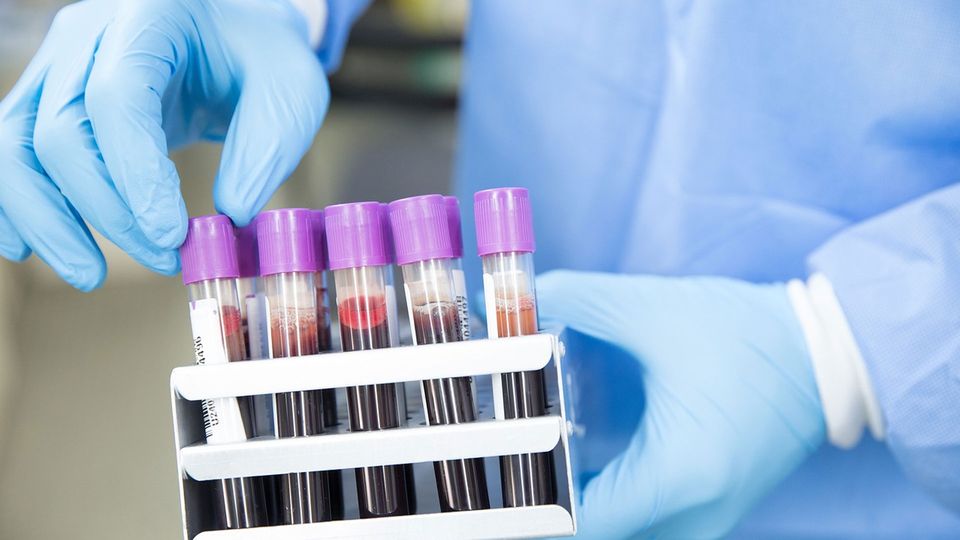Liquid Biopsy Helps Predict Response to Immunotherapy in Lung Cancer Patients
Using a liquid biopsy to detect circulating tumor DNA and analyze immune cells can predict patient response to immunotherapy.

Complete the form below to unlock access to ALL audio articles.
Using a “liquid biopsy” to study genetic material from tumors shed into the bloodstream together with immune cells could help clinicians predict which patients with advanced lung cancers are responding to immunotherapies and which patients may develop immune-related side effects several months later, according to research directed by investigators at the Johns Hopkins Kimmel Cancer Center, the Bloomberg~Kimmel Institute for Cancer Immunotherapy and Allegheny Health Network Cancer Institute in Pittsburgh.
By monitoring changes in circulating tumor DNA (ctDNA) among 30 patients treated with immunotherapies for metastatic non-small cell lung cancers, the researchers were able to determine molecular response — the clearance of tumor genetic material in the bloodstream — which was significantly associated with progression-free and overall survival. Serial blood testing was also able to detect an expansion of T cells — immune cells that typically recognize and target foreign or non-self molecules on tumor cells — in patients with immune-related adverse events such as lung tissue inflammation as early as five months ahead of the emergence of clinical symptoms. Similar results were seen in an independent cohort of 49 patients with advanced lung cancers enrolled at the Allegheny Health Network Cancer Institute.
These results were published in the journal Clinical Cancer Research on Nov. 8, 2023.
“Immunotherapy has revolutionized how we take care of patients with lung cancer, but it’s been challenging to determine how to assess response,” says lead study author Joseph Murray, M.D., Ph.D., an assistant professor of oncology and co-director of the Lung Cancer Precision Medicine Center of Excellence at Johns Hopkins. “We don’t have reliable biomarkers, so we rely a lot on imaging and patient symptoms to see how patients are clinically responding. Now, we can potentially use noninvasive tests like this to study response and predict side effects very early on, and change therapy regimens if necessary.”
Want more breaking news?
Subscribe to Technology Networks’ daily newsletter, delivering breaking science news straight to your inbox every day.
Subscribe for FREEReference: Murray JC, Sivapalan L, Hummelink K, et al. Elucidating the heterogeneity of immunotherapy response and immune-related toxicities by longitudinal ctDNA and immune cell compartment tracking in lung cancer. Clin Cancer Res. 2023. doi: 10.1158/1078-0432.CCR-23-1469
This article has been republished from the following materials. Note: material may have been edited for length and content. For further information, please contact the cited source.

